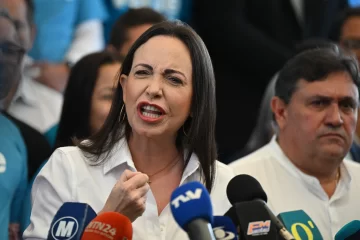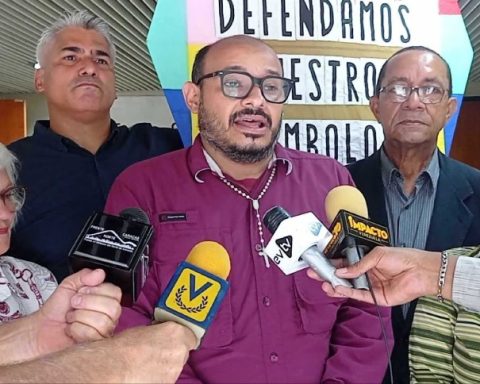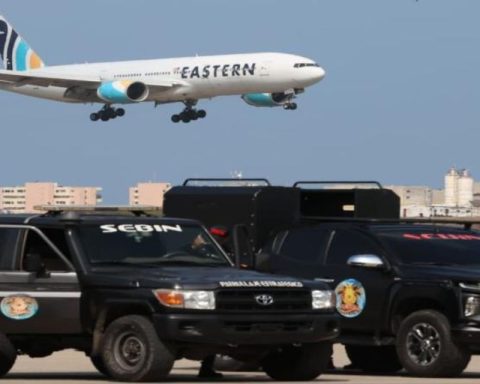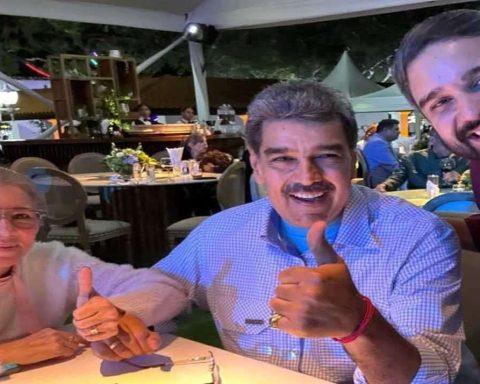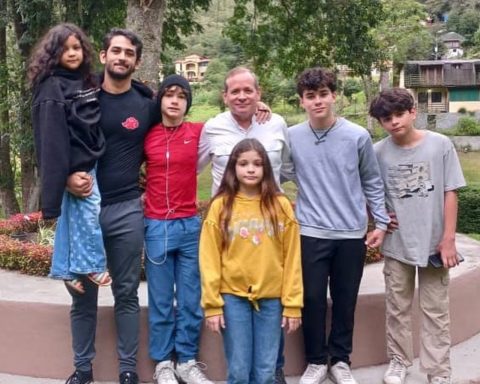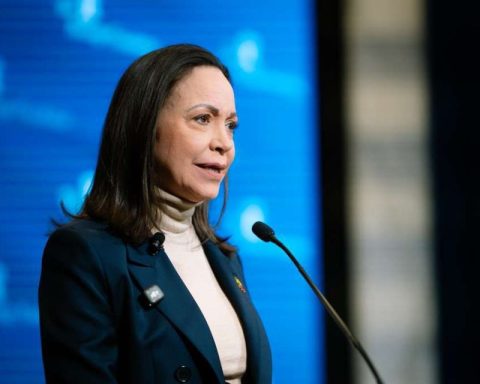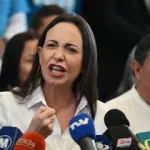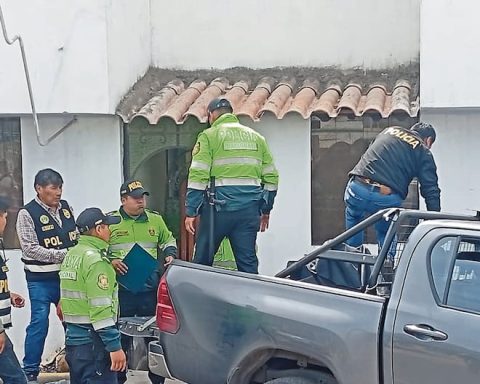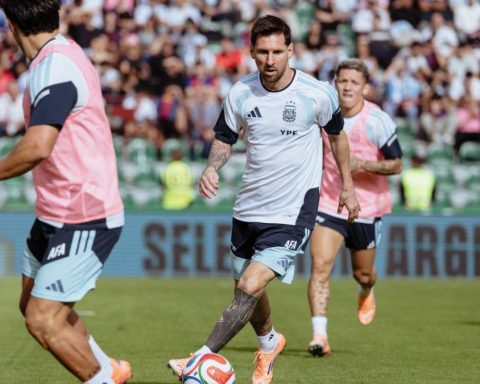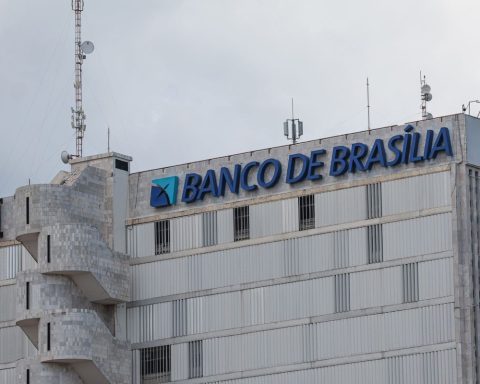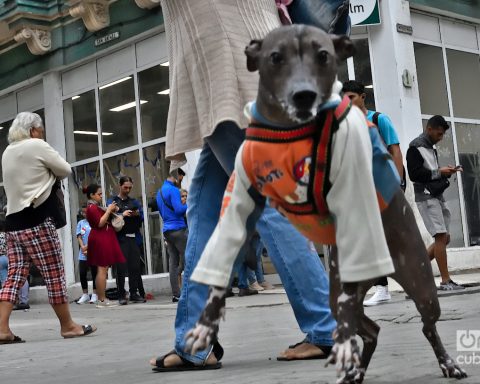Carl Greenigde, representative of Guyana, said in the ICJ that there are “inconsistencies” in Venezuela regarding the Essequibo due to its “anti-colonial” discourse and the call to appear to the United Kingdom, a colonial power, to resolve the 1899 dispute. He considers that the Negotiations after the 1966 Geneva Agreement have remained in a deadlock that does not advance or provide solutions
The former Minister of Foreign Affairs and representative of the Guyana delegation to the International Court of Justice (ICJ), Carl Greenigde, requested this Tuesday, November 22, that international instance to dismiss the objections presented by Venezuela on the Essequibo and declare them “inadmissible”, considering that they were broad in rhetoric but did not touch the substance of the matter.
In closing the arguments for Guyana, Greenigde considers that the Venezuelan delegation avoids going deeper into the Essequibo issue because, in his opinion, it is acknowledging that Georgetown is the one who is right about its claims and the validity of the Arbitral Award of 1899 For this reason, he assures that there is an “inconsistency” between the discourse against colonialism and the call to the United Kingdom, which was a colonial power, to resolve the dispute.
For Greenigde and Guyana, Venezuela’s position is “contradictory” because for decades it accepted what was dictated in the Arbitral Award and made its statements shortly before Guyana became independent from the United Kingdom. In the same way, he considers that the negotiations after the Geneva Agreement of 1966 have remained in a deadlock that does not advance or provide solutions to the dispute over the Essequibo.
*Read also: Guyana asks social networks to delete maps where the Essequibo appears in Venezuela
He stressed that the ICJ hearings show that there are opposing positions on the issue, since Guyana claims the 1899 arbitration and Venezuela, the Geneva Agreement. Therefore, he emphasized that the means established to resolve the controversy have failed, including the figure of the “good officiant”; which was active for 27 years and two special commissions.
In this sense, Greenigde defended that the UN Secretary General has transferred the case for the Essequibo to the jurisdiction of the ICJ to finally find a way out of the territorial dispute and added that the hope that Venezuela has is that the court decide on the matter.
He also asked the ICJ to set a date to present the “counter-memorial”, no later than nine months from the ruling.
Samuel Moncada, Venezuelan ambassador to the United Nations (UN), was in charge of monday november 21 to close the country’s arguments on its preliminary objections raised before the ICJ, requesting that Guyana’s claim be declared “inadmissible” by reiterating that Georgetown cannot demand the validity of that award because, at the time of that arbitration, that The country did not exist but was part of the United Kingdom and London is the one called to respond to the case. Since he was not called to the courtroom and is not present in the lawsuit, there is no procedure according to Venezuela.
Post Views: 57

